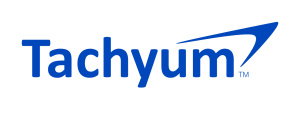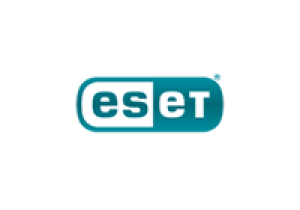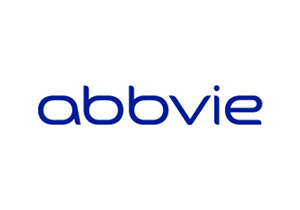Peter Muška
RNDr. Peter Muška, CSc. (1949).
Pôvodným povolaním geofyzik. Po skončení Prírodovedeckej fakulty v roku 1972 pracoval v oblasti výskumu. V roku 1975 obhájil na Prírodovedeckej fakulte UK v Bratislave doktorát v oblasti fyziky hornín, a v roku 1988 na Geofyzikálnom ústave SAV obhájil titul PhD geologických vied.
Od roku 1989 sa venoval riadiacej činnosti zameranej hlavne na ekonomickú oblasť. V roku 1993 získal „professional certificate in management“ na City University v Bratislave. Koncom roku 1993 začal pracovať na vysunutom pracovisku Komisie Európskej Únie v Bratislave „Koordinačná kancelária Phare“, kde bol zodpovedný za oblasť infraštruktúry. Otvorením Delegácie Komisie EÚ v Bratislave dňa 1.1.1995 sa kancelária Phare do nej začlenila. Do jeho pracovnej náplne patrilo monitorovanie sektorových politík a riadenie programov a projektov financovaných z predštrukturálnych fondov pre oblasť životného prostredia, dopravy a energetiky. Vstupom Slovenska do Európskej Únie bola Delegácia transformovaná a zodpovednosť za programy prešli na stranu jednotlivých ministerstiev.
Od mája 2005 je pracovníkom Ministerstva hospodárstva, v súčasnosti pracuje ako prvý tajomník na Stálom zastúpení Slovenskej republiky pri Európskej Únii. Do oblasti jeho kompetencie patria otázky konkurencieschopnosti vo vzťahu k priemyslu a podnikaniu v kontexte plnenia cieľov lisabonskej stratégie. To pokrýva najmä: malé a stredné podnikanie, lepšiu reguláciu, chemickú legislatívu (REACH a GHS), priemyselnú politiku a inovácie.
-
Lepšia právna regulácia v Európskej únii a dopad na informatizáciu | Kongres ITAPA 2007: Living Online
One of the natural properties of a man is competitivity and the desire to win. This property generates progress what leads to achievements. Another property is the effort to maintain the achievements. The size of the company is proved by support of those human properties. But is it always like that? Do the powers of the company act always in the correct direction? The information and statistics assist in company management. Their thorough analysis enables the company and the state to plan the direction of assistance and to efficiently use transparent tools for fulfilment of the programme objectives. The same information and statistics, however, generate administrative burden which the entities include in their prices. Which part of administrative costs is “good” and what is “bad”? Which part of administrative costs is necessary and under which conditions and which part is just a result of eager observation of legislation? Can be the part of administrative costs which increases the price of the product thus excluding it from the market when its substitution, i.e. acquisition of information in another way shifts the product to the category of competitive product addressed as inevitable? What is the content of better legal adjustment? Why does EU Commission consider the field of better regulation and reduction of administrative burden one of the key fields in the fulfilment of objectives of the Lisbon Strategy of competitiveness and growth? What are the objectives and tools on the Community level? And especially – what tools does the state have to guard and remove the eager bureaucracy?



















